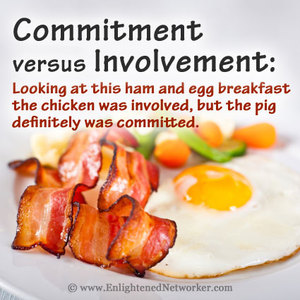
Developing something is a major focus for commitment. It requires us to commit time, energy and effort (physical, intellectual and emotional) and it usually involves reducing our involvement in other things. Life is never simple and all the things that are important to us require our commitment so we end up with lots of commitments that jostle and compete for our attention - our families and relationships within them, our jobs, our own interests and aspirations. So everyday life is made up of lots of commitments that connect and span our lifewide experiences. Our commitments are closely associated with what we perceive are our purposes which are ultimately the things that drive us and give our life substance and meaning. By taking on new commitments we are extending our learning ecologies.
These thoughts were prompted by my recent involvement in an on-line 'course' called 'bring your own device for learning' (BYOD4L) designed and organised by Chrissi Nerantzi and Sue Beckingham. When I reflect on the experience as a development process commitment seemed to very important - perhaps because by joining the course I was adding to my existing commitments and that required effort above and beyond what I was already doing.
The course required commitment to sign up, familiarise myself with the design and expectations, engage with the resources and the learning opportunity (in my own way), and try to record my own learning process and what I think I gained from it. The commitment to try and apply what I learnt and to keep trying even when something didn't seem to work and overcome the inevitable barriers of using these new forms of social media for someone who is not particularly adept.
During the course I was conscious of juggling this new commitment with my other obligations - like the two days I look after my daughter's twins and various work obligations and I was conscious of the opportunity cost in engaging with technology initially to be competent and confident in using it and then to apply it. I had several instances during and immediately after the week when what I tried didn't work and I felt frustrated and demotivated because I hadn't made the progress I had hoped for and these feelings of negativity had to be overcome.
I was thankful that one person tweeted that they had had trouble with an app. I often have trouble trying to make things work and this aspect of learning often gets glossed over in the enthusiasm for the technology. The things I valued most - that encouraged me to persist and therefore facilitated my development were:
1 The resources. Sue's collections of tools and the introductory videos are a great resource that I have embedded in my own website for future use.
2 Examples and illustrations of the use of the technologies.. these were great in showing what could be done. In particular some of the curatorial tools like scoop.it and paper.li. which I have tried to apply.
It was also great seeing the enthusiasm, commitment, teamwork, care and attention and personal support the facilitators gave to the process and the people in it. A real lesson in the energy, passion, care, dedication and expertise necessary to make these sorts of learning experiences work. And hopefully I could use the experience and insights to design my own on-line learning experience. I was particularly appreciative of the fact that I was able to navigate through the resources and prompts in my own way. There was a structure but no one forced me to follow the linear pathway. I could chart my own 'course'.
Offline I had some good conversations with my son who managed to spend a bit of time looking at the resources and tuned into the twitter conversation most evenings. So it achieved that objective.
I did try to reflect on my own thinking and practice in the contexts of my own circumstances and I set up a dedicated BYOD4L blog for this.
The proof of learning is in the doing. It's one thing to know how to do or use something but another to apply that learning. Since the course I have continued to use paper.li and develop 'lifewide zine' a twitter-sourced companion to Lifewide Magazine. I also felt more confident in using twitter and I spent more time on it. I felt that I understood it much more. I taught myself how to embed twitter feeds and tweet buttons into our websites and then populated resources like e-book chapters and magazine issues with tweet buttons in the hope that when people come across them they will retweet.
I also 'played with' paper.li With Chrissi's help I set up a Lifewide Zine as a twitter-based companion to Lifewide Magazine. There is still lots to learn but I got over the initial hurdle. I also continued to develop my use of explee animation software creating and embedding several animations in our websites.
These three tools - twitter, explee and paper.li have opened up a whole new area of communication for me that if I had not committed time, energy and effort would have remained hidden. The value of commitment to personal development is in being able to do something I couldn't do before and in this way improving my ability to continue working with my higher purpose - to promote lifewide education.
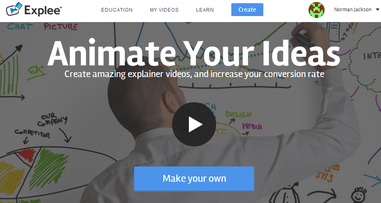
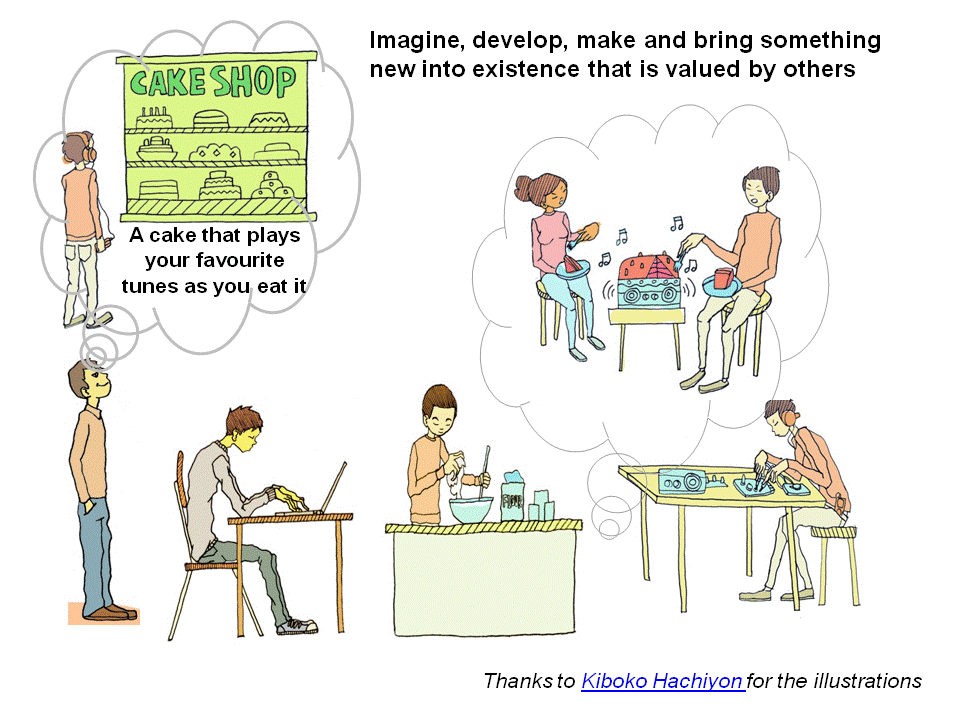
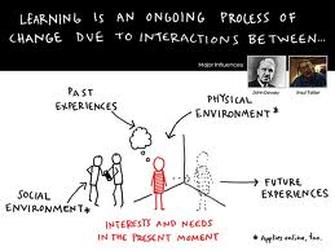
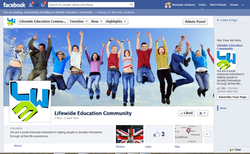





 RSS Feed
RSS Feed